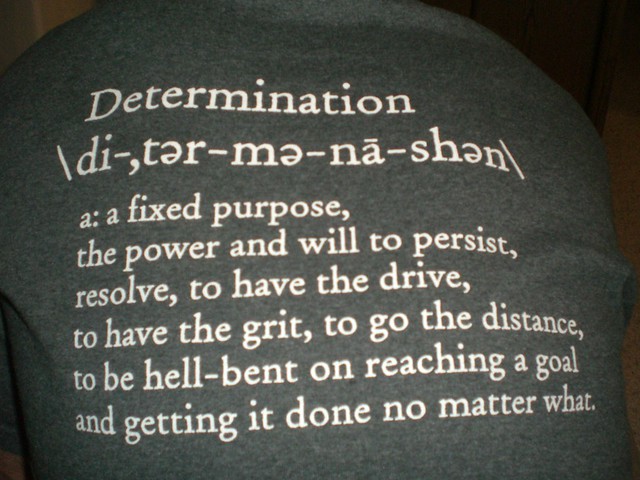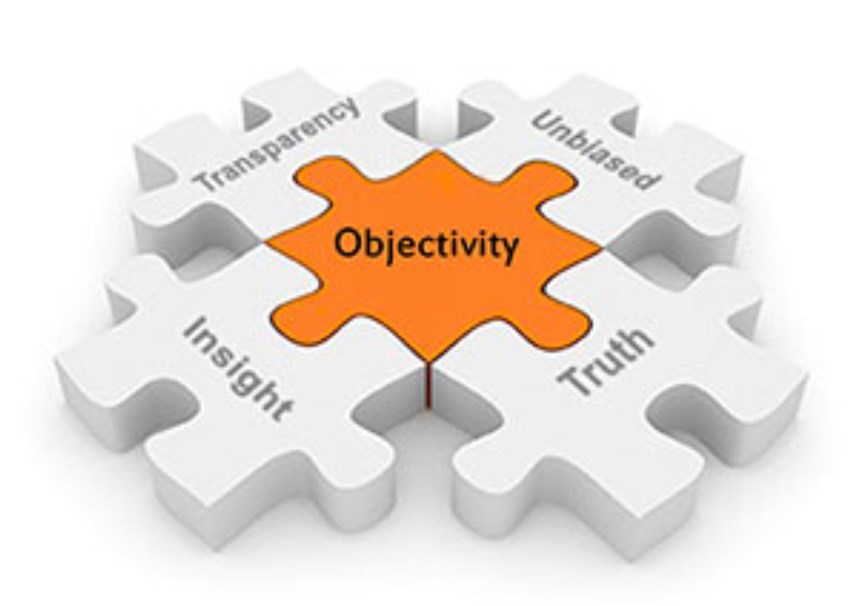“I think successful trading, or poker playing for that matter, involves speculating rather than gambling. Successful speculation implies taking risks when the odds are in your favor. Just like in poker, where you have to know which hands to bet on, in trading you have to know when the odds are in your favor.” – Sperandeo
It is interesting that Sperandeo makes a point to define the difference between speculating and gambling. He discusses how he never viewed playing poker to be gambling in the same respect that slot machines are gambling. In poker, he had the knowledge of which hands had the highest probability of winning and the option to only play the highest probability hands. This draws a direct correlation to trading. We know from our study of historical winners what qualities make up stocks that go on big runs and we have the option to only play those key stocks.
Looking at trading in this respect breaks it down into two important goals. We have to know which kinds of stocks have the best odds of going on huge runs. We also have to have the timing skills and the guts to play those stocks when we encounter them and the patience to sit on the sidelines when when there aren’t good options.
“Trading the market without knowing what stage it is in is like selling life insurance to twenty-year-olds and eighty-year-olds at the same premium.” – Sperandeo
Again here, we see Sperandeo drawing a real world comparison to stock trading. He discusses that you just as the odds would be better if you sell life insurance to a twenty-year-old compared to an eighty-year-old, the same can be said when trading a young trend compared to trading an extended trend. He doesn’t necessarily say you should trade a new trend or shouldn’t trade an extended trend, but that you should strongly factor that in to your timing decisions. (more…)

 “I think the secret is cutting down the number of trades you make. The best trades are the ones in which you have all three things going for you: Fundamentals, Technicals, and Market Tone. If you can restrict your activity to only those types of trades, you have to make money, in any market, under any circumstances.”
“I think the secret is cutting down the number of trades you make. The best trades are the ones in which you have all three things going for you: Fundamentals, Technicals, and Market Tone. If you can restrict your activity to only those types of trades, you have to make money, in any market, under any circumstances.” It makes it hard to make successful, opinion based trades.
It makes it hard to make successful, opinion based trades.
 Trading is a very interesting field, and also a highly challenging one. Being faced with changing prices, other traders’ actions, and your expectation and hope of making the right decision, is certainly not an ideal situation to make objective choices. Many a time traders feel the stress and tension of it all to be too heavy on their minds, and as a result, their judgement is clouded. They either act too rashly, or are way too slow and cautious.
Trading is a very interesting field, and also a highly challenging one. Being faced with changing prices, other traders’ actions, and your expectation and hope of making the right decision, is certainly not an ideal situation to make objective choices. Many a time traders feel the stress and tension of it all to be too heavy on their minds, and as a result, their judgement is clouded. They either act too rashly, or are way too slow and cautious. “What makes a great endurance athlete is the ability to absorb potential embarrassment, and to suffer without complaint. I was discovering that if it was a matter of gritting my teeth, not caring how it looked, and outlasting everyone else, I won. It didn’t seem to matter what the sport was–in a straight-ahead, long-distance race, I could beat anybody.
“What makes a great endurance athlete is the ability to absorb potential embarrassment, and to suffer without complaint. I was discovering that if it was a matter of gritting my teeth, not caring how it looked, and outlasting everyone else, I won. It didn’t seem to matter what the sport was–in a straight-ahead, long-distance race, I could beat anybody. Fear, hope and greed are probably the three most common emotions traders deal with. Holding on to losers, exiting too early, or jumping in before confirmation are just a few examples of the things we do when emotion manages our trades for us. Trading without well-defined boundaries can be tempting, especially when things like intuition and “gut feeling” are things we take pride in as human beings.
Fear, hope and greed are probably the three most common emotions traders deal with. Holding on to losers, exiting too early, or jumping in before confirmation are just a few examples of the things we do when emotion manages our trades for us. Trading without well-defined boundaries can be tempting, especially when things like intuition and “gut feeling” are things we take pride in as human beings.